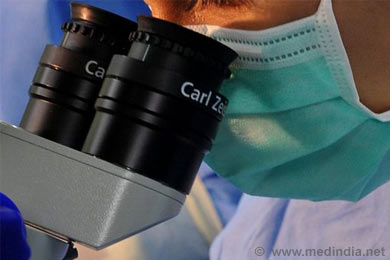How can we Diagnose Leptospirosis?
Mild leptospirosis is difficult to diagnose as the symptoms are similar to flu.
The clinician suspect leptospirosis only if the symptoms are very severe and if a patient complains of fever, jaundice, bleeding tendencies and severe muscle ache (predominantly calf muscles).
A diagnosis of leptospirosis can be confirmed by blood and urine tests to detect the presence of the leptospira bacteria in the blood or urine.

Blood tests-
- The white blood cell count is normal or slightly elevated, but when there is an involvement of liver it increases to 15,000 cells/units (Normal 4-11,000 cells/cubic mm)
- The hemoglobin can be low in these patients as bleeding can lead to anemia.
- MSAT (Macroscopic Slide Agglutination Test)
- MAT (Microscopic Agglutination Test)
- ELISA (Enzyme Linked Immunosorbent Assay).
If the individual has been treated with antibiotics these tests may not be very helpful and may be repeated 2 weeks later.











